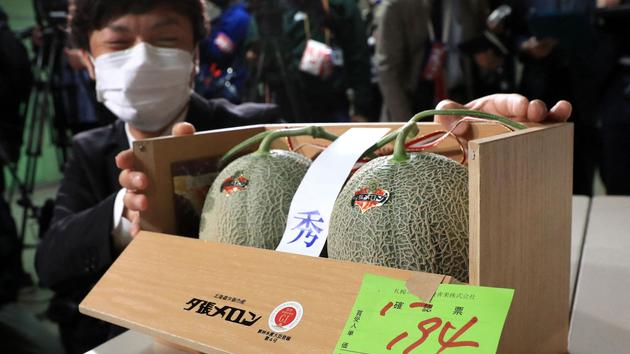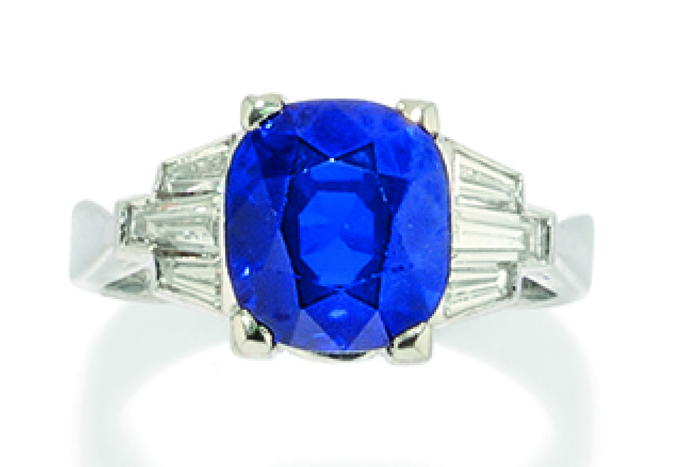Lovers of quality food, the Japanese do not hesitate to give special treatment to certain products.
This is the case of Yubari King melons, produced on the island of Hokkaido, in Japan.
Each year, the first auction of a pair of these melons is a way to celebrate the arrival of spring.
The sums can reach insane levels.
This year, the first two melons auctioned were sold for 2.7 million yen, or 20,370 euros, to a baby food manufacturer.
A reasonable amount despite everything since in 2019, two Yubari melons were auctioned for 5 million yen.
Read also:
Japan: the coronavirus drops the price of luxury melons at auction
Yubari King is a variety of cantaloupe melon (Charentais melon falls into the same category) grown in Yubari, a small town near Sapporo.
A cross between two varieties, Yubari King must be perfectly spherical to be considered top quality.
Protected since 2015 by a label equivalent to the Protected Geographical Indication (PGI) used in Europe, this melon became the flagship local product of the city in the 1980s. Its cultivation has made it possible to maintain economic activity there while the region had been hit hard by the coal crisis.
At the entrance to Yubari, culinary tourists are greeted by billboards praising the taste and texture of these fruits as if it were a perfume or a gold watch ... In Japan, the fruit is often associated with luxury and the Japanese treat themselves to special occasions. An apple can cost more than 4 euros and a basket of cherries 80 euros. A Yubari melon costs around 30 euros.









